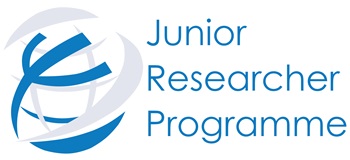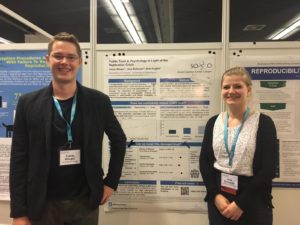How does the replication crisis affect public trust in psychology?
Have you ever wondered about the consequences of psychology’s replication crisis beyond its implications for psychological methodology? How it, for instance, affects the way the public perceives psychology as a science?
Low replicability in psychological science negatively affects its public reputation, as shown by a team of researchers, among them JRP alumni Tobias Wingen and Jana Berkessel. In their latest paper, published in Social Psychological and Personality Science, the authors gathered both empirical and correlational evidence for this finding. More specifically, their results conclude that low replicability damages the public’s trust towards psychology, and that this trust cannot be reestablished by using common trust-repair strategies (such as explanations for low replicability, and information about the open science movement). This highlights how important the replication crisis and its implications are – even outside the field of statistics and methodology.
We congratulate all authors on their excellent work and invite you to read and think about these findings and implications they have.
Photo: Tobias Wingen and Jana Berkessel, presenting their work at the International Convention of Psychological Science 2019 in Paris.

